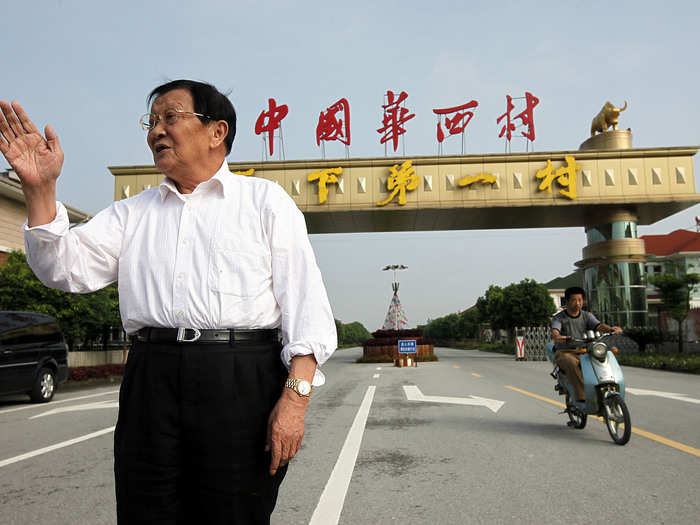
Source: AFP and Huaxi Village: The World's Village

Source: Shanghaiist.com

Source: AFP

Source: AFP and The China Chronicle

Source: AFP

Source: AFP

Source: The China Chronicle

Source: AFP

Source: The China Chronicle

Source: The Guardian

Source: NPR

Source: Shanghaiist.com

Source: Shanghaiist.com

Source: CRI.cn

Source: Reuters



Source: The China Chronicle

Source: The China Chronicle

Source: China Daily

Source: China Daily

Source: The Telegraph

Source: The Telegraph and The China Chronicle


 I quit McKinsey after 1.5 years. I was making over $200k but my mental health was shattered.
I quit McKinsey after 1.5 years. I was making over $200k but my mental health was shattered. Some Tesla factory workers realized they were laid off when security scanned their badges and sent them back on shuttles, sources say
Some Tesla factory workers realized they were laid off when security scanned their badges and sent them back on shuttles, sources say I tutor the children of some of Dubai's richest people. One of them paid me $3,000 to do his homework.
I tutor the children of some of Dubai's richest people. One of them paid me $3,000 to do his homework. Why are so many elite coaches moving to Western countries?
Why are so many elite coaches moving to Western countries?
 Global GDP to face a 19% decline by 2050 due to climate change, study projects
Global GDP to face a 19% decline by 2050 due to climate change, study projects
 5 things to keep in mind before taking a personal loan
5 things to keep in mind before taking a personal loan

Copyright © 2024. Times Internet Limited. All rights reserved.For reprint rights. Times Syndication Service.